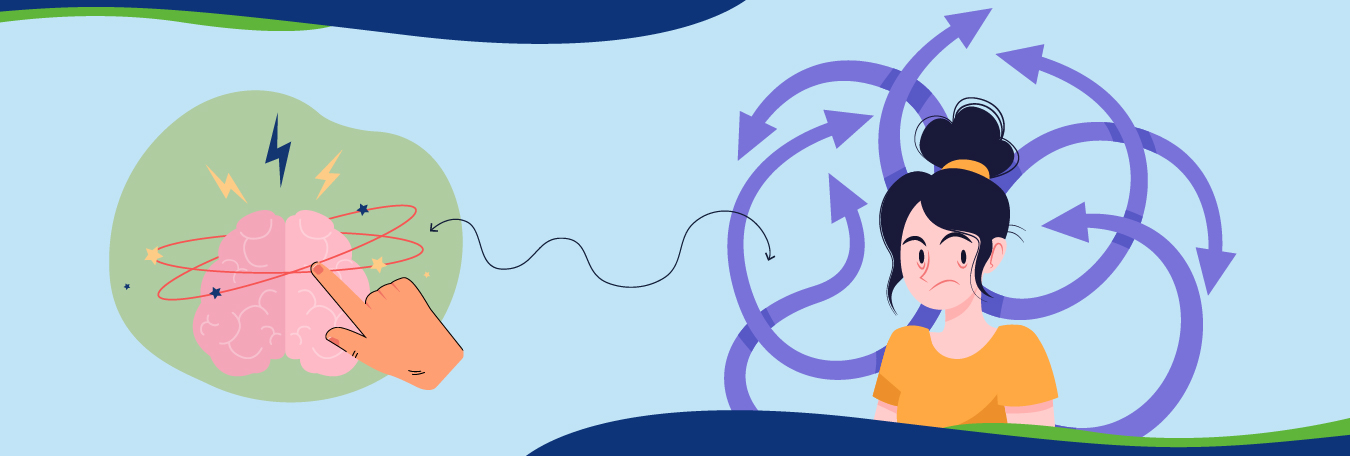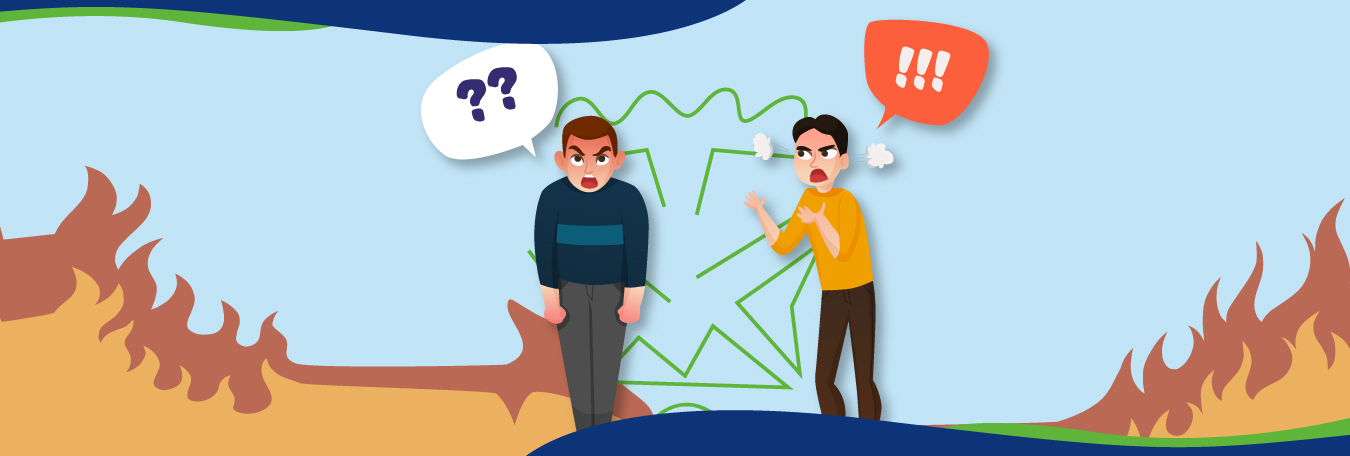Our children tend to be deeply attached to us. Even a single mistake is capable of giving them separation anxiety, a disorder that is characterized by symptoms related to stress and fears about separation from a close attachment figure, usually a parent or a guardian. It is important that you should know everything about separation anxiety disorder, especially if it is the case that there are some worrisome symptoms relating to separation. Let’s find out more:
What Is Separation Anxiety?
One of the most common anxiety disorders of childhood, it is characterized by exaggerated symptoms of stress and fear that come on as a result of concern, excessive worry or sometimes even dread when a child faces separation, or anticipation of it from a loved one or an equally important close attachment figure(1). Children aren’t the only ones as adults can also experience separation anxiety, albeit a
While it is developmentally normal, it is the symptoms of separation anxiety that are abnormal because of high levels of intensity in them. These symptoms(2)(3)tend to be:
- Increasing distress about separation from the attachment figure
- Excessive worry about staying alone forever, especially when the attachment figure is not nearby
- Avoiding visiting other places and becoming a hermit out of fear of separation
- Refusing to go to sleep without the attachment figure nearby
- Recurring nightmares about the attachment figure leaving
- Excessive worry about the attachment figure getting injured somehow
- Physical symptoms such as headaches or stomach aches relate to anticipated separation or the actual separation
Recognizing Separation Anxiety Disorder in Children
The symptoms described above can vary depending on their age. This can make it difficult for a child to articulate what they are feeling, especially if they are at the preschool side. On the other side, an older child will be able to articulate the feelings of separation and will inform them about the persistent nightmares they might be having.
Read More: Does Anxiety cause shortness of breath?
Children will often protest about going somewhere when they are going through separation anxiety disorder symptoms. They will frequently complain that they can’t focus on their school work or projects.

Homesickness will also be a key indicator for you to recognize if your child has separation anxiety while away from home, for example, say that your child is studying and staying at a boarding school. During these instances, your child may even display aggressive behavior, especially toward anyone they perceive as keeping them from you, even if it is you.
What Causes Separation Anxiety in Adults?
While it is known that separation anxiety is a common occurrence in children and usually happens due to stress and fear about separating from a close attachment figure, it can also happen in adults. What causes separation anxiety in adults is usually also the reason for children, for example, environment, genetic tendency, etc but it can also be caused by life events as evidenced in a 2024 study of separation anxiety disorder(1).
It can also come as a comorbidity, usually along with another mental condition called autism, or anything on the autism spectrum(4). In adults, separation anxiety can also manifest as a persistent symptom where they act as a control freak but are essentially acting like that due to the said underlying condition, and therefore due to fear and stress related to the fact that they think someone might be leaving them soon(5).
Read More: Different levels of Anxiety & stages of anxiety recovery
Risk Factors Associated With Separation Anxiety Disorder
If left untreated entirely, separation anxiety as a disorder, which usually begins in childhood can go well into the teenage years and even adulthood. Additionally, the separation anxiety disorder symptoms can be exacerbated by:
- Situational issues such as a stressful or life-changing event, which could be something like a disaster or traumatic
- Bereavement, which happens when someone who is loved by you or loves you is gone forever due to a range of different reasons such as a long-stricken disease or even an accident
- Family history, as mentioned before, can be a big contributor to the likelihood of you or your child being diagnosed with social anxiety as the more of your relatives have this disorder, it’s likely you or your child will have it too
If left untreated it can also evolve into other mental conditions such as:
- Major Depressive Disorder (Clinical Depression)
- Obsessive Compulsive Disorder (OCD)
- Other anxiety disorders such as social anxiety disorder or panic attacks
Prevention
Can you do anything about it or can it be prevented in any way? No. A resounding no. Period. You can, as a caregiver, provide support for your child. You can essentially tell them that you are there for them. You have to tell them that you are always available for them at all costs, even when you are in a meeting. In addition to that, you can talk to a mental health expert about how your child can transition to school or other activities.
Management and Treatment
Have you been asking questions like “What does separation anxiety feel like?”, “Does my child need therapy for separation anxiety?”, or “Do I have separation anxiety?”, then it’s time to go for managing and treating it, especially considering the fact it cannot be cured in any way possible.
Psychotherapy
The first option for managing and treating separation anxiety disorder is a type of psychotherapy called cognitive behavioral therapy (CBT). CBT, as a first-line treatment(1), is used to help people recognize the problematic patterns of their behavior that make the disorder’s symptoms much worse. These are identified to find resolutions and this is usually done by talking to the patients.
Others include dialectical behavioral therapy, which helps a patient with separation anxiety disorder reach a place where they are more welcoming to change, and family therapy, which improves relationships among family members by educating everyone in your family about separation anxiety disorder.
Medication
Fluoxetine (Prozac®), Sertraline (Zoloft®), and Paroxetine (Paxil®, Pexeva®)(6) are specific antidepressants called Selective Serotonin Reuptake Inhibitors (SSRI) that can be used for treating separation anxiety disorder. These antidepressants are used to help increase the neurotransmitters (chemical messengers) associated with mood and emotions and therefore can be used to treat anxiety. These can be prescribed for children aged 6 and older. For adults, anti-anxiety medications like benzodiazepines can be prescribed. For side effects, consult with your mental health expert or take up psychiatric medication management for a monitored medication plan.
Read More: Can anxiety cause diarrhea? What’s the major link?
Wrapping up
You now know everything about separation anxiety, and how it can affect children and even adults. Additionally, you have been informed about the different types of treatment plans and prevention techniques. You can take advantage of these through Inland Empire Behavioral Group, which is more than capable of treating separation anxiety disorder, or any other medical condition like psychosis, eating disorder, or bipolar disorder through treatment methods described above and alternative ones like telehealth psychiatry.




